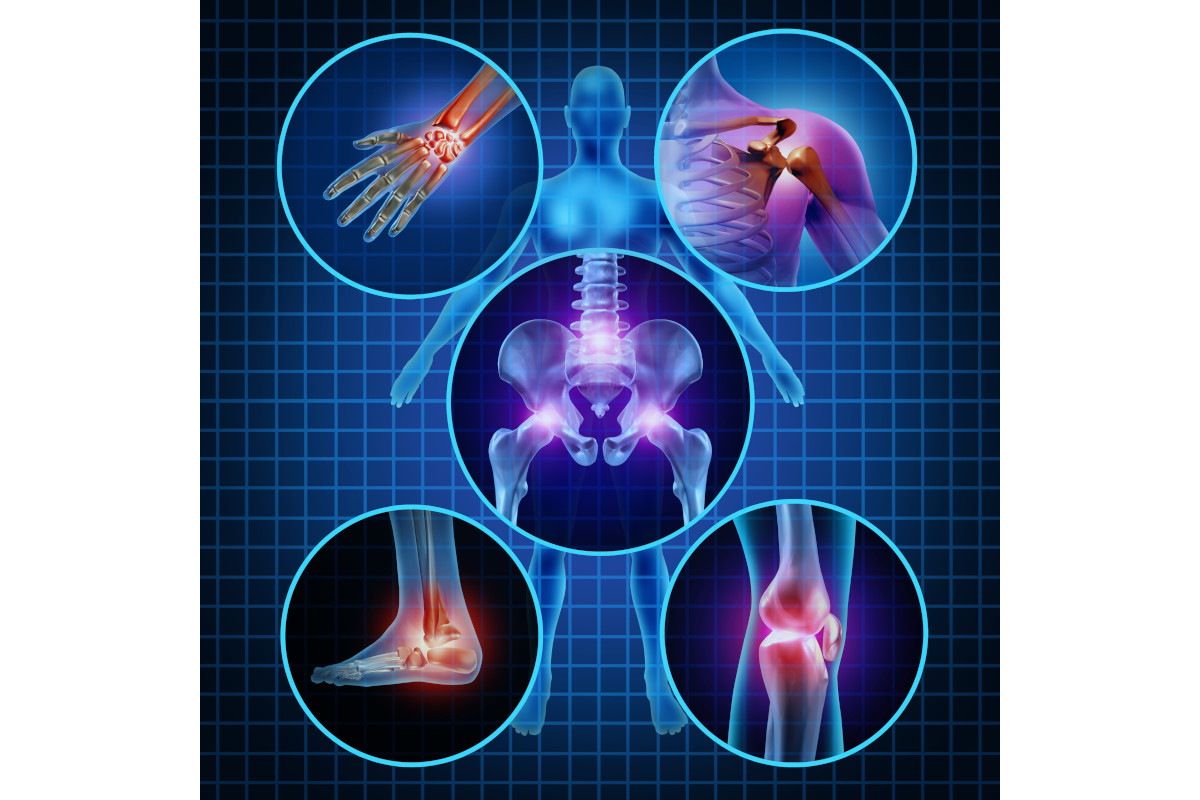When you are dealing with chronic inflammation, management is key to obtaining optimal health and reducing the inflammation. Pharmaceutical anti-inflammatories are commonly used to help relieve pain and inflammation, however many of these carry risks such as stroke and damage to your digestive tract.
Check out what you can do to help you reduce inflammation and pain.
Putting Out the Fire
Fortunately there are some safe and effective natural anti-inflammatory and pain relief solutions available:
-
Turmeric: has been used traditionally for the treatment of traumatic injury, and to reduce swelling and pain in arthritic conditions.
-
Boswellia: has pain relieving, anti-rheumatic and anti-inflammatory actions, as well as being effective for arthritis and traumatic pain, it may also assist with inflammatory conditions of the lungs, digestive tract and skin.
-
Willow Bark: is the herb from which aspirin originated. It is a great anti-inflammatory and particularly useful for acute inflammations, muscular pain and headaches.
-
Omega 3 essential fatty acids from fish oil or krill oil containing EPA and DHA, may reduce acute and chronic pain and inflammation.
Keeping the Flames Down
As well as taking the right herbs and nutrients, there are simple diet and lifestyle changes that you can make that can help in reducing inflammation:
-
Eat 70 percent of your diet from foods in the anti-inflammatory list, particularly vegetables and good fats.
-
Minimise your intake of foods from the anti-inflammatory list particularly sugar, grains (especially wheat, white rice), cows milk, and food additives.
-
Minimise your intake of hormone and grain fed red meat and opt instead for grass fed meats, organic chicken, eggs, legumes and wild fish.
-
Reduce your intake of alcohol, coffee, and added salt.
-
Take time out for regular exercise particularly weight bearing and toning exercise such as gentle weights, walking, interval training, yoga and tai chi. Aim for 4 times per week. Remember “Use it” or “Lose it”.
-
Take regular time out for yourself to de-stress.
-
Spend time outdoors. Where possible get your feet on the earth as this grounding effect has an anti-inflammatory effect on our bodies.
-
Avoid excess exposure to electromagnetic devices such as wireless devices, mobile phones, microwave ovens.
-
Quit smoking.
Be Proactive Through Regular Monitoring
With my long term patients I monitor their inflammation levels through regular blood tests for an inflammatory compound called CRP and live blood analysis screening in clinic. This allows me to develop a tailor made anti-inflammatory diet, supplement and lifestyle prescription to reduce the risk of chronic diseases such as diabetes, heart disease and cancer.
Contact me if you are wanting a tailor made anti-inflammatory plan to help reduce chronic inflammation.



